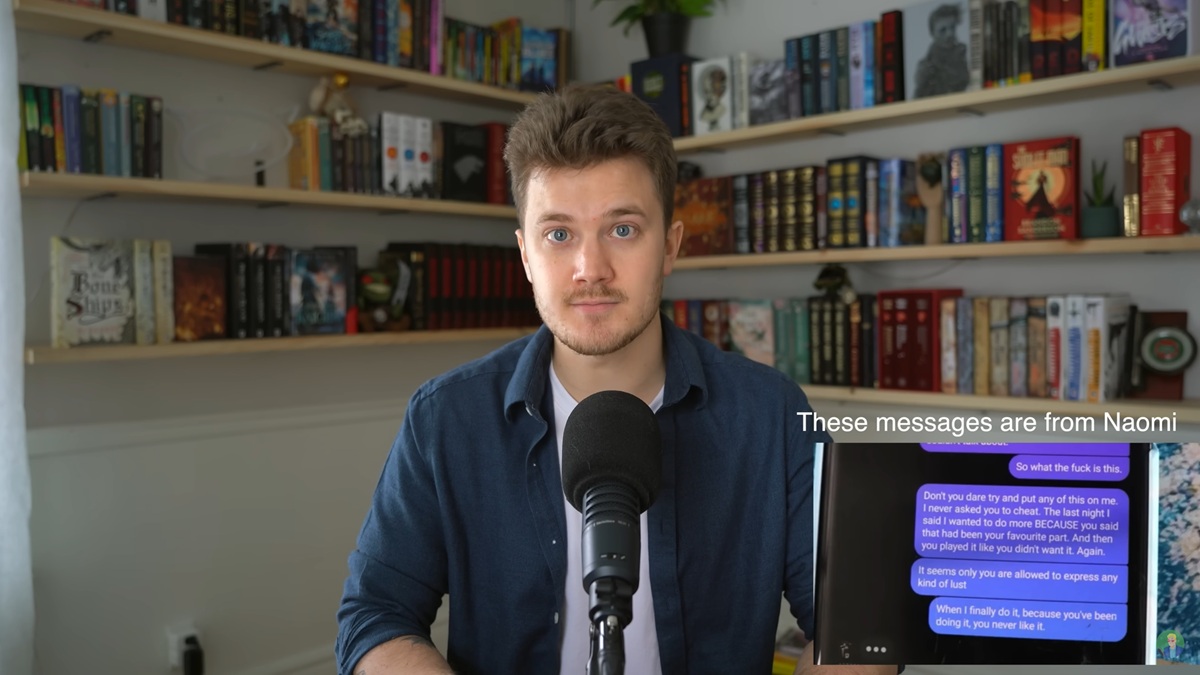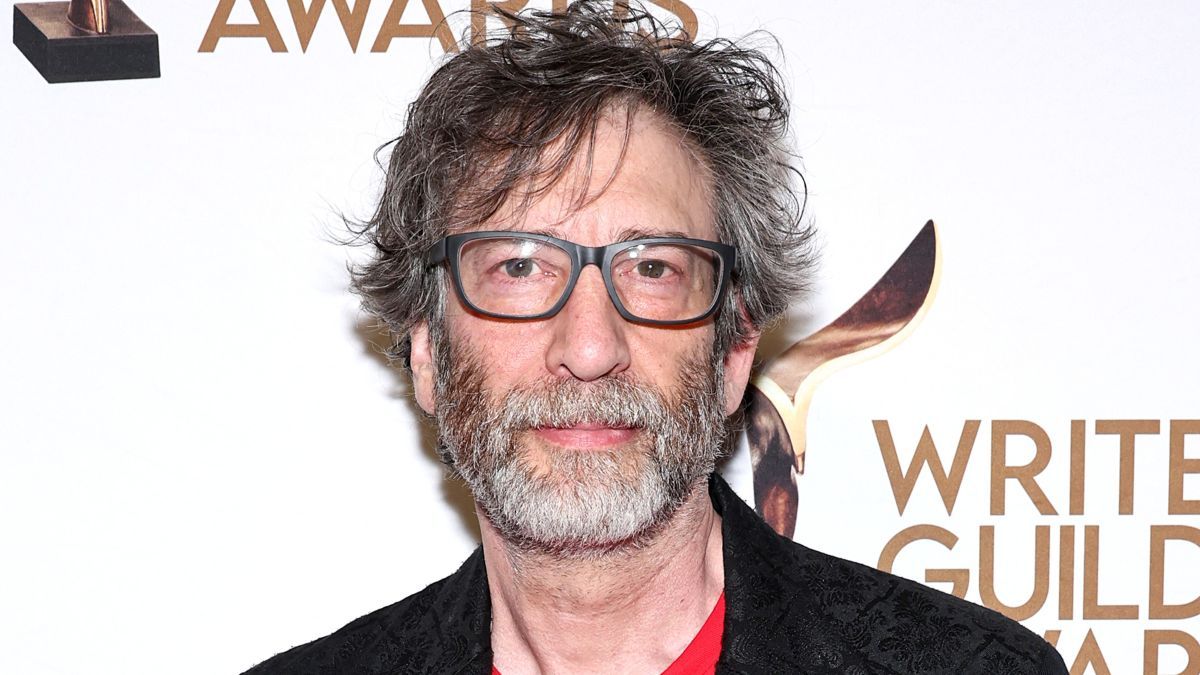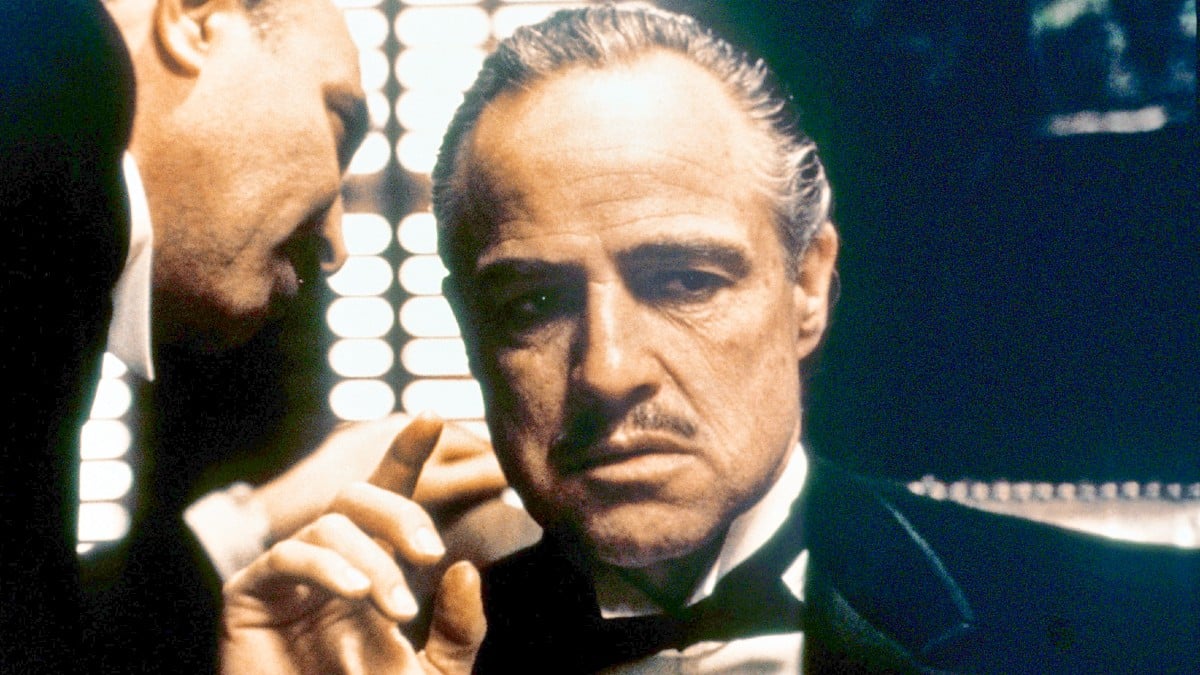The best sci-fi and genre series make commentaries on modern society and The Hunger Games is a gift that just keeps on giving. While the original trilogy concluded over a decade ago, author Suzanne Collins continues to add to the series.
This is due in part to the real world slowly descending into the terrifying realm of Panem. Collins wrote a story that threw up a mirror to our modern society. The Hunger Games is based on themes of desensitization to violence, obsession with capitalism, and fascism. The world keeps on turning and Collins keeps having a reason to write. Her Coriolanus Snow prequel, A Ballad of Songbirds and Snakes was quickly adapted for the big screen and before her Haymitch story, Sunrise On the Reaping, has even been released, has already been optioned for live action. But despite how topical her immersive world is, The Hunger Games was not as widely accepted as it should have been.
Why was The Hunger Games banned in schools?
Despite the U.S.’s constitutional right to free speech, the nation has an unfortunate history of banning or challenging books in schools. This practice is allegedly in the name of protecting children, but too often veers into censorship of ideas that challenge the status quo. The Hunger Games is no different. According to CNN (per Entertainment Weekly), The Hunger Games gained complaints for being “anti-ethnic; anti-family; insensitivity; offensive language; occult/satanic; violence.”
For anyone who has actually read the books, these arguments are shaky at best. Many of these claims are vague enough to apply to any young adult franchise. And some are just simply incorrect. Religion is arguably the one construct that The Hunger Games does not address. Any arguments of satanic representation are unfounded. But the biggest argument is the one that has the most weight. Yes, The Hunger Games depicts violence in detail. Children are sent to a yearly pageant where they are pitted against each other to fight to the death. This concept is unavoidable, and largely part of the point.
Collins wrote these books specifically to draw a line to modern society. American culture is obsessed with reality television and being so accustomed to bloody violence that it may not surprise anyone if The Hunger Games ever actually made it to television. Society has already frequently missed the point of similar socially conscious stories, too. Just look at how Squid Game got turned into an actual reality show. Similarly, Collins depicts violence in her books to demonstrate how horrifying that reality is. And even more terrifying, how close we are to sliding into that world.
Banning books of this nature misses the point and ironically enough, proves the thesis of the story. Censoring content is a slippery slope that could lead to a culture that accepts a dictator like President Snow. And this close to an election cycle, that should scare people. Offering books to young generations encourages empathy and warns readers not to make mistakes so evident in the pages.











Published: Jul 24, 2024 01:36 pm